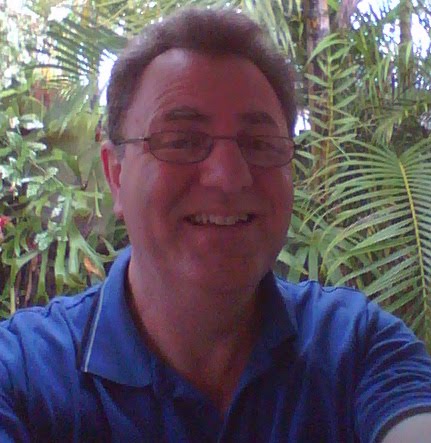It’s time to tackle here, if only briefly, an issue that tends to make
my blood boil: that people do not ‘believe’ in evolution. For what these people
laughingly call ‘reasons’ they choose not to accept the overwhelming evidence
demonstrating the fact of evolution. It is probably one of the most
well-documented phenomena in the whole of science. I’m not going to waste my
time arguing the details here, which would not convince these people in any
case. No amount of evidence could ever do that. What I am going to take issue with, however, is the argument, made by
these people, that evolution is only a theory, and that, therefore, other
theories (usually creationism) are of equal standing and should therefore be
taught alongside (if not instead of) evolution. This is a complete
misunderstanding of what is meant by those who speak about the (or a) theory of
evolution.
Let’s get this cleared up once and for all. Evolution is not a theory.
Evolution is a well-established and undeniable phenomenon about which certain
theories—the best known being Darwin’s theory of evolution by means of natural
selection—have been proposed, tested and further developed. Darwin and
biologists today are not proposing the theory that life forms on this planet
have undergone a long process of evolution. This is the given fact. What they are doing is proposing natural mechanisms
by which this process occurs. The theory of evolution by natural selection—the survival
of the fittest—is one such (well-supported) theory; but other mechanisms are
also considered.
When biologists talk about ‘the theory of evolution’ they are doing so
in the same way that physicists talk about ‘the theory of gravity’. Gravity is
a given, well-known phenomenon, about which we have certain theories. I don’t
suppose that many biblical fundamentalists doubt the reality of gravity as a
phenomenon. But then again, one can never be sure…
